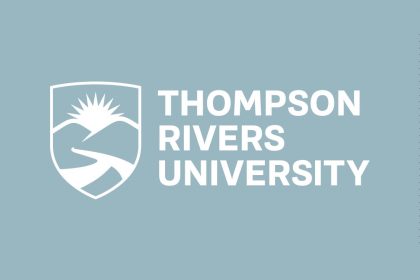A new toolkit is now available to help post-secondary institutions and educators in B.C. develop training programs to raise awareness of, prevent, and respond to sexualized violence and misconduct (SVM) in online and face-to-face educational environments.
Post by BCcampus’ editorial team
We have been working with the Ministry of Advanced Education, Skills and Training to develop resources to address sexualized violence and misconduct training for post-secondary institutions in British Columbia. Our first objective was to assemble an SVM working group to help us identify the resources currently being used by post-secondary institutions in B.C. Through the substantial efforts of the SVM working group, we have developed and published the first of many assets: a toolkit to help educators select or adapt resources so they can implement quality training for students, staff, and faculty around sexualized violence and misconduct. The toolkit is openly licensed (like all materials created by BCcampus) and authored by the SVM Training and Resources Working Group.
“At BCcampus, our core values are to create open and accessible quality OER,” shared Robynne Devine, project manager at BCcampus. “The SVM training resources developed by this project were intended to be open and accessible from the start, but with the impact of COVID-19 causing a high-paced pivot to online learning, this work could not be more timely. PSIs — especially rural institutions with typically small teams — previously would have delivered SVM training in a face-to-face format, but with the rapid conversion to online, they need resources that can be easily accessed and shared in a digital environment.”
A Strategy to Eliminate SVM
The first component of this project — hosting a provincial forum to bring students, staff, faculty, and stakeholders together — was completed in June 2019, where insights and best practices regarding SVM were identified. Future stages of this project include:
- Plain Language Supports: Assisting PSIs to review their written communications to ensure information about SVM policies and procedures is easy to access, understand, and implement.
- Building Capacity at Rural Institutions: Facilitating training and supports to address the unique challenges faced by rural institutions in implementing SVM programs.
- Training Resources: Identifying or developing free, high-quality training and awareness resources and facilitating access across the B.C. post-secondary system.
Notable Quote
“It has been so rewarding to work with the subject-matter experts across the teaching and learning sector of B.C. The SVM Toolkit they’ve created is a phenomenal resource that will support PSIs in their evaluation of SVM training, so they can determine what is right for their post-secondary community.”
—Robynne Devine, BCcampus project manager
